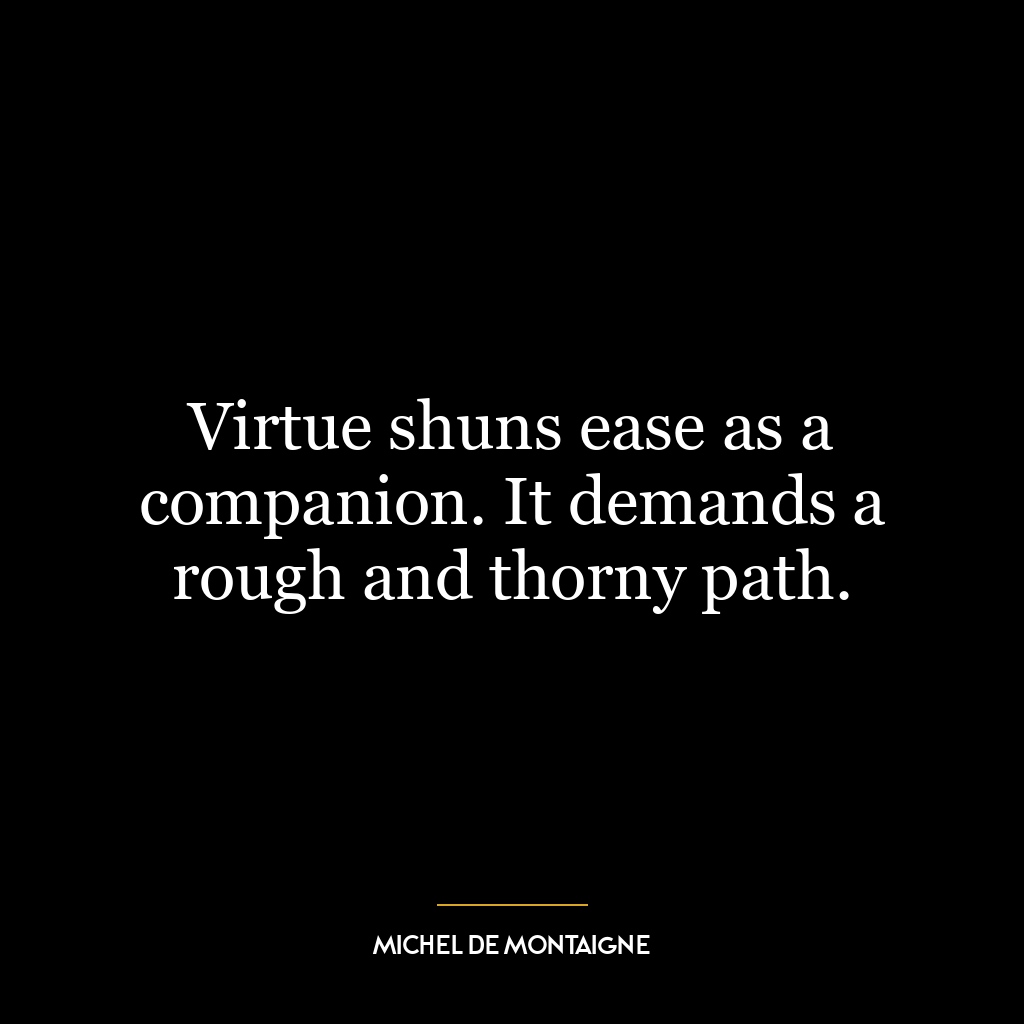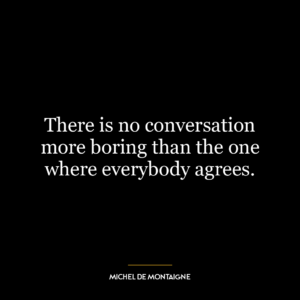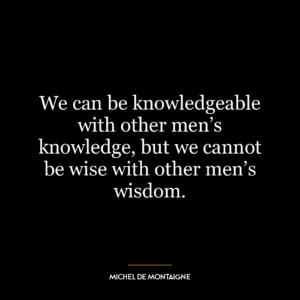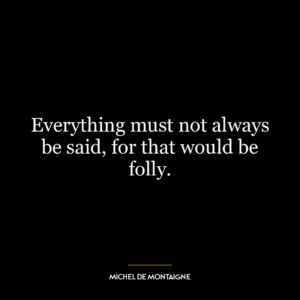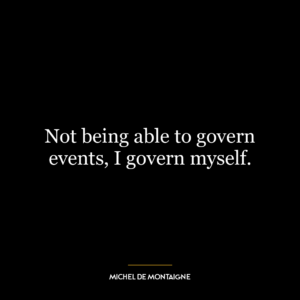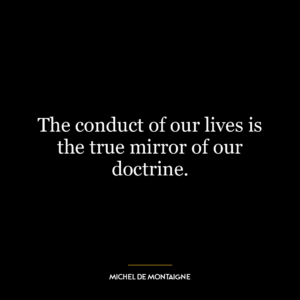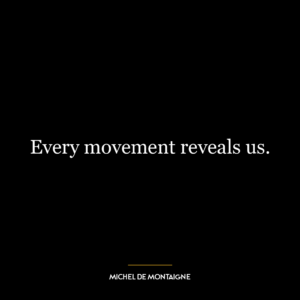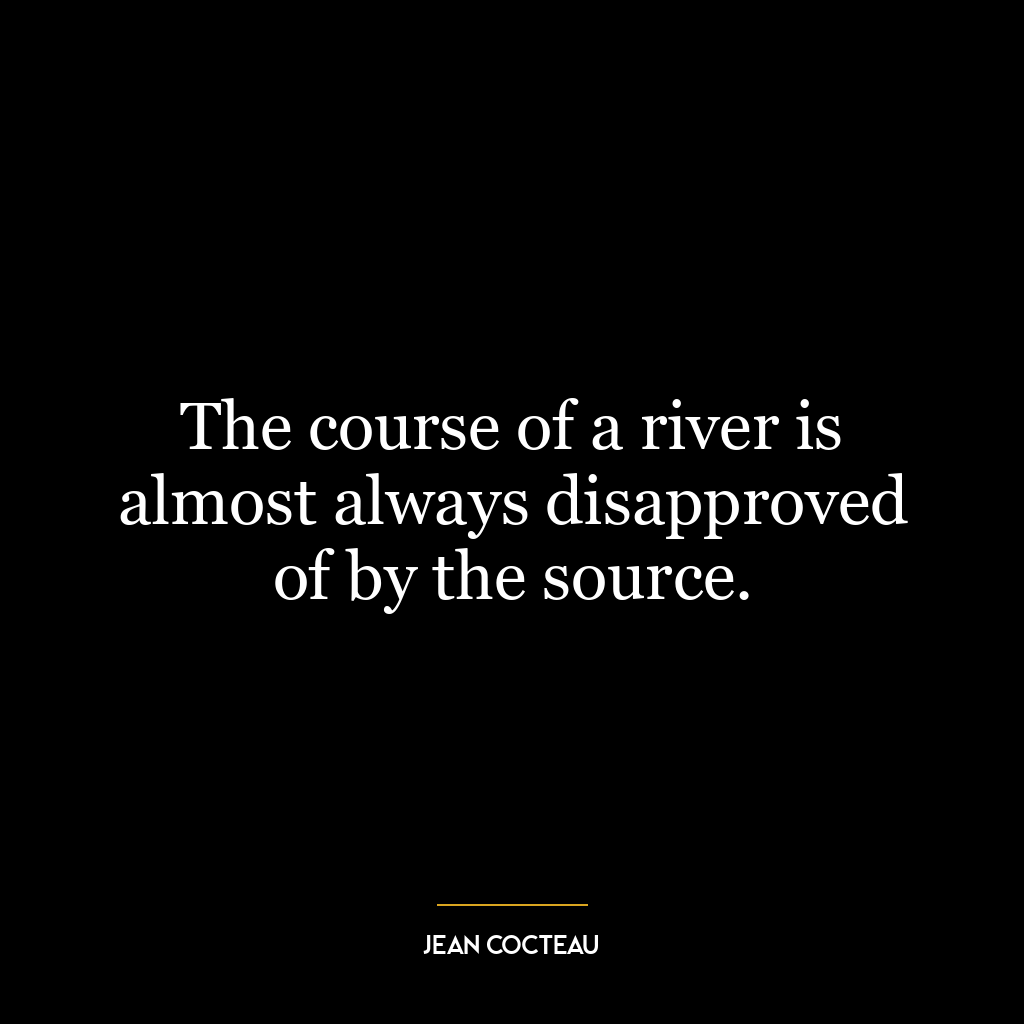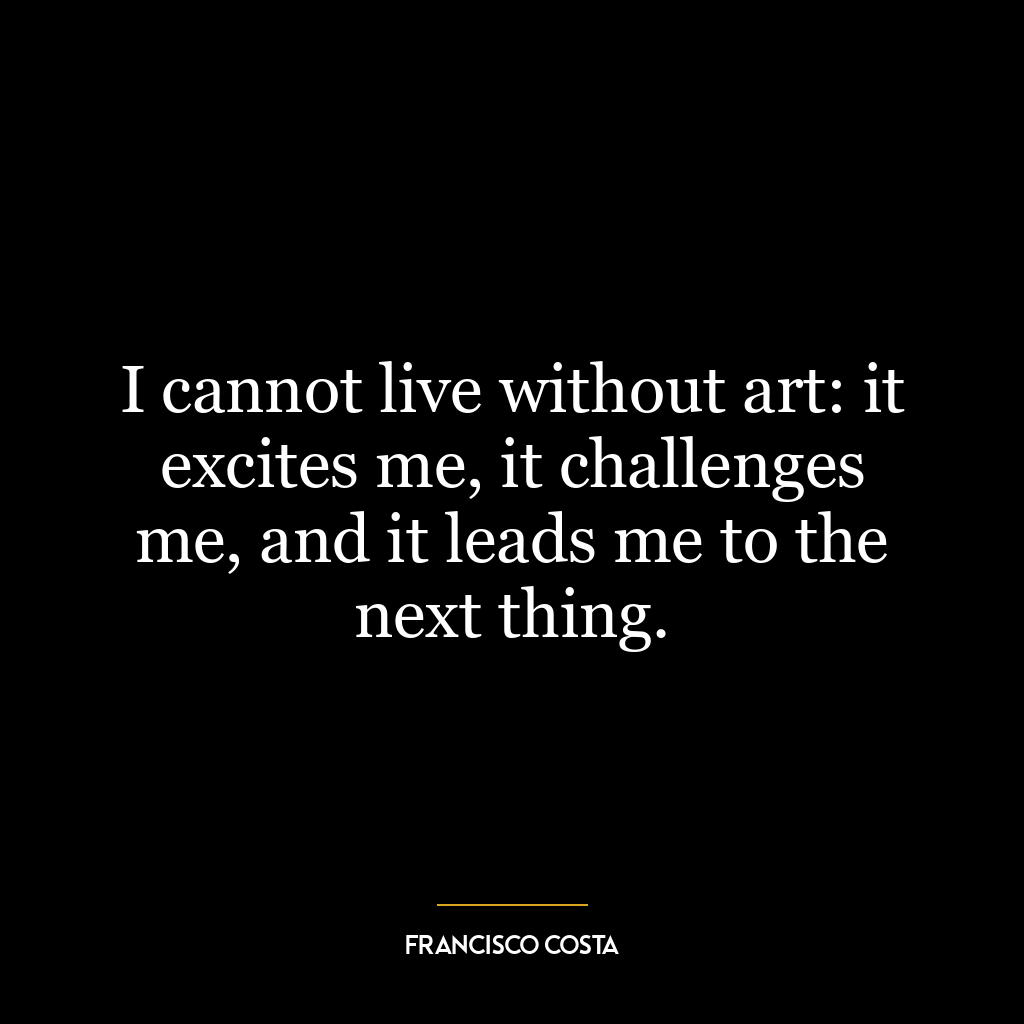Virtue shuns ease as a companion. It demands a rough and thorny path.
This quote suggests that virtue, or moral excellence, is not something that can be achieved easily. It implies that the path to virtue is fraught with challenges and difficulties; it is ‘rough and thorny’. This could mean two things. First, becoming a virtuous person often involves making tough decisions and sacrifices which may not always be immediately gratifying or easy. Second, it suggests that the process of becoming virtuous itself strengthens one’s character.
The ‘rough and thorny path’ could symbolize various obstacles such as temptations, societal pressures or personal weaknesses one must overcome to achieve virtue. The act of overcoming these challenges builds resilience and strength of character – qualities associated with virtuous individuals.
In today’s world where instant gratification often takes precedence over long-term benefits, this quote holds significant relevance. In terms of personal development, it encourages us to embrace struggles as opportunities for growth rather than viewing them as hindrances.
For instance, someone striving for the virtue of honesty might need to confront uncomfortable truths about themselves or others instead of taking the easier route of lying or self-deception. Similarly pursuing patience might require enduring frustrating situations without complaint.
In a broader societal context too — whether we talk about fighting corruption in politics or promoting ethical business practices — achieving such virtues demands courage to swim against the tide and endure potential backlash.
Thus this idea calls for resilience in pursuing virtues despite hardships encountered on the way because ultimately these struggles are what shape our moral excellence — they are intrinsic to our journey towards becoming better human beings.

